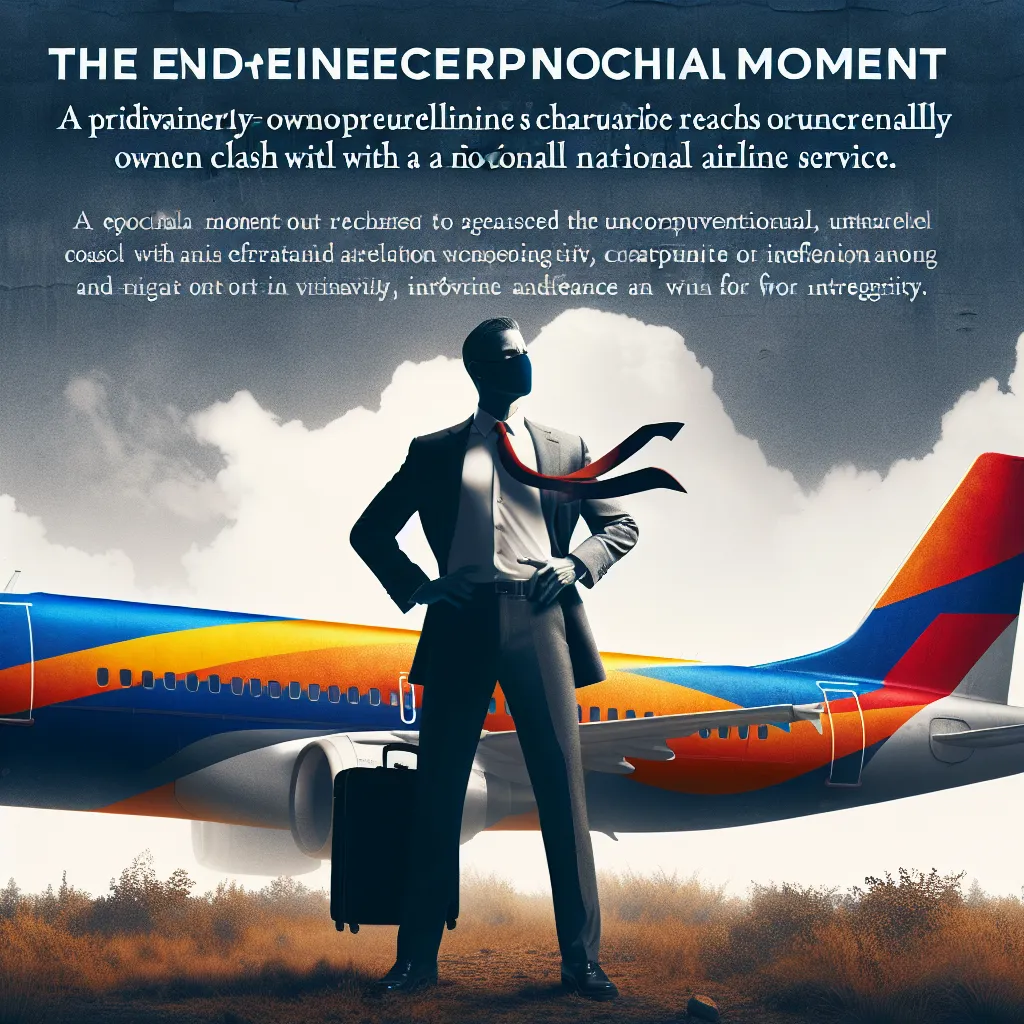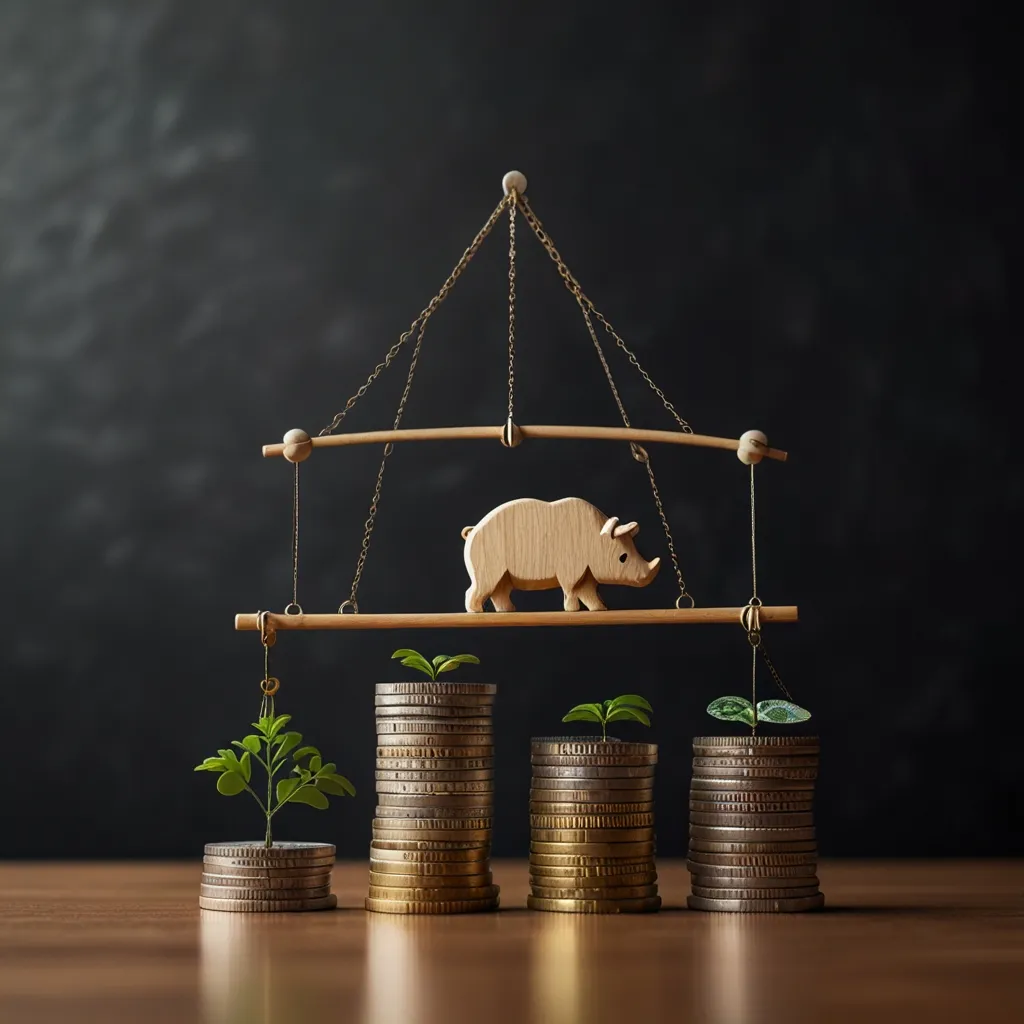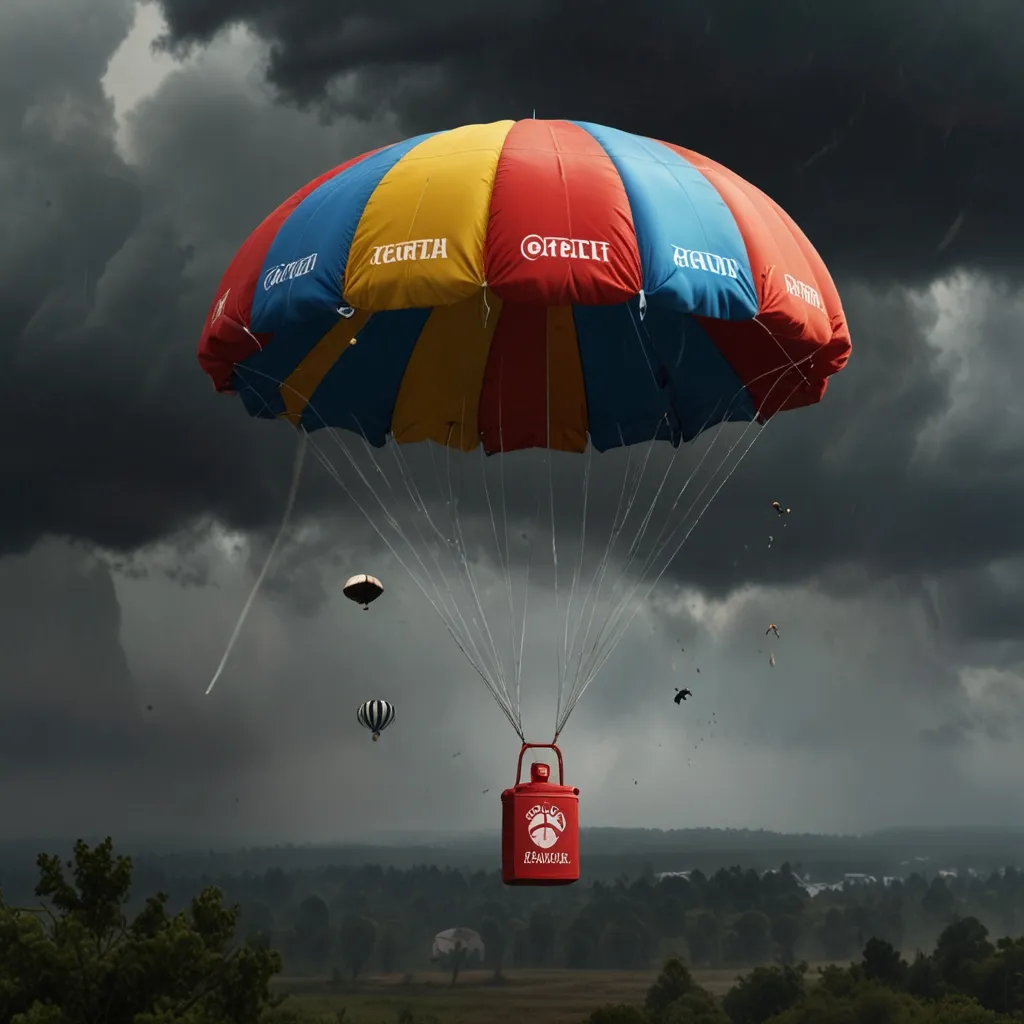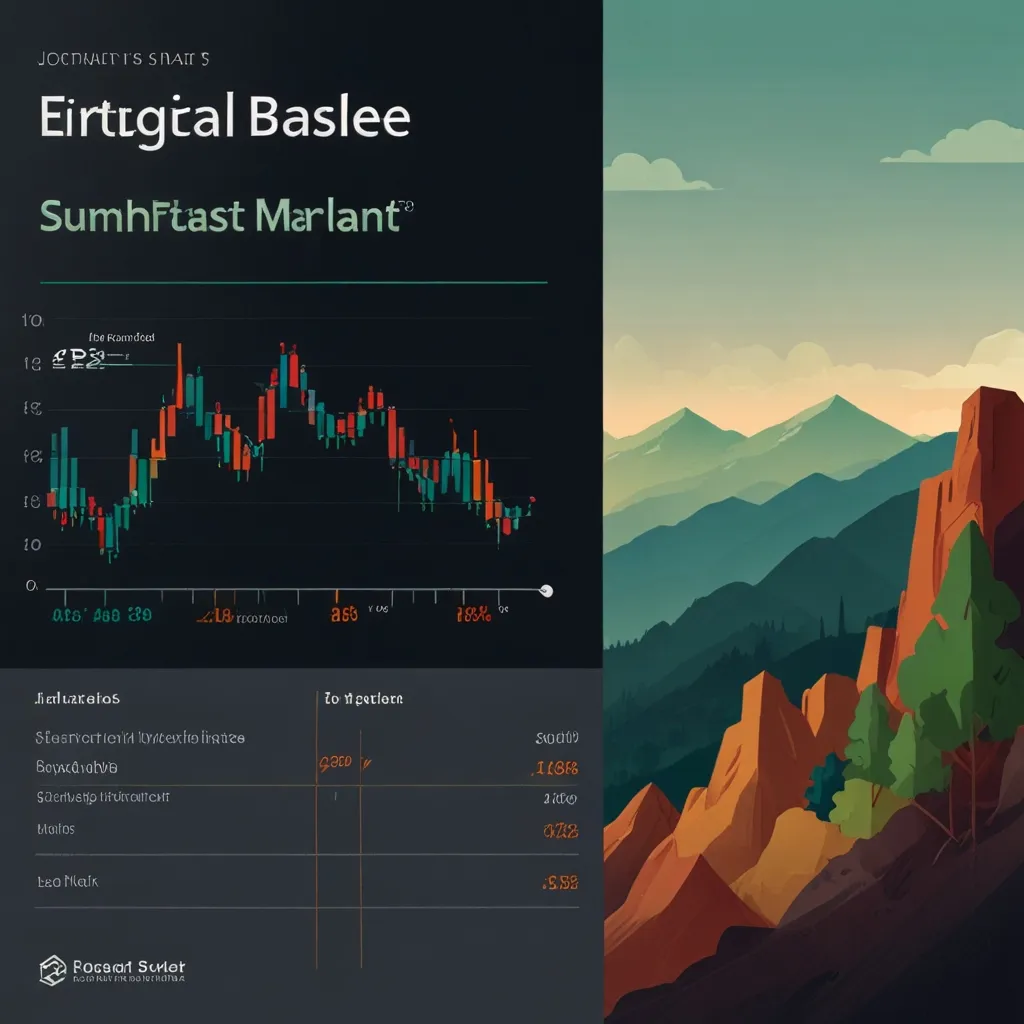Let’s dive into the fascinating world of Sir Richard Branson, the legendary entrepreneur who founded over 400 companies. Branson’s list of daring adventures includes hot-air balloon trips around the world and his spaceflight company, Virgin Galactic. But today, we’ll focus on an episode that shook the airline industry: Virgin Atlantic’s battle against British Airways.
In 1978, a young Richard Branson found himself stranded in Puerto Rico due to a canceled American Airlines flight. Determined not to miss a rendezvous with his girlfriend, who would later become his wife, Branson decided to charter a plane. He creatively recruited fellow frustrated passengers to share the cost, thus inadvertently laying the groundwork for what would become Virgin Atlantic. His entrepreneurial spirit was ignited when a fellow passenger suggested he might have a future in aviation.
With the curiosity and drive to improve the often dismal flying experience, Branson envisioned an airline that combined fun with business. He saw an opportunity to disrupt an industry that was notorious for poor service. But buying a Boeing 747 was risky and beyond his budget. Cleverly, Branson negotiated a one-year lease, limiting his downside risk.
Virgin Atlantic’s maiden voyage took off on June 22, 1984. With just one plane and one route, Branson was the scrappy underdog, challenging industry giant British Airways, which had over 300 planes. British Airways, led by the formidable Lord John King, underestimated Branson’s resolve.
Conflict escalated when Virgin Atlantic won rights to operate from London Heathrow, challenging British Airways’ monopoly. British Airways launched a smear campaign, known as “The Dirty Tricks Campaign,” to oust Virgin Atlantic. This included intercepting bookings and spreading false financial rumors. However, when Virgin Atlantic started losing money due to these attacks, Branson sold Virgin Records to fund a lawsuit against British Airways.
In December 1993, Branson won the landmark case, and British Airways paid substantial damages and legal fees. Branson’s victory was not just financial; it was symbolic. It highlighted that integrity and innovation could triumph over underhanded tactics.
Branson’s story shows the power of challenging the norm, underscoring that the underdog can succeed with integrity and daring ideas. Virgin Atlantic’s rise didn’t just disrupt an industry; it showcased the importance of combining business with fun and maintaining ethical standards, even against formidable foes.






